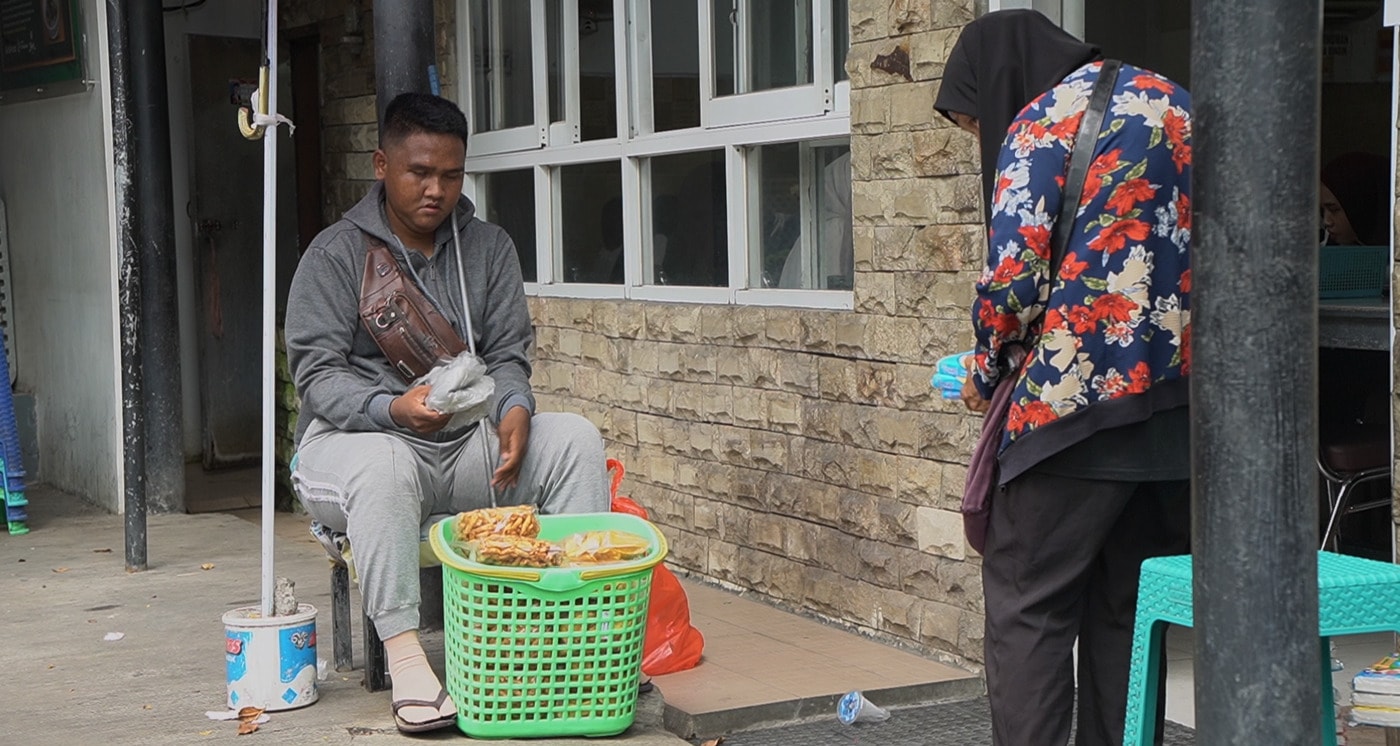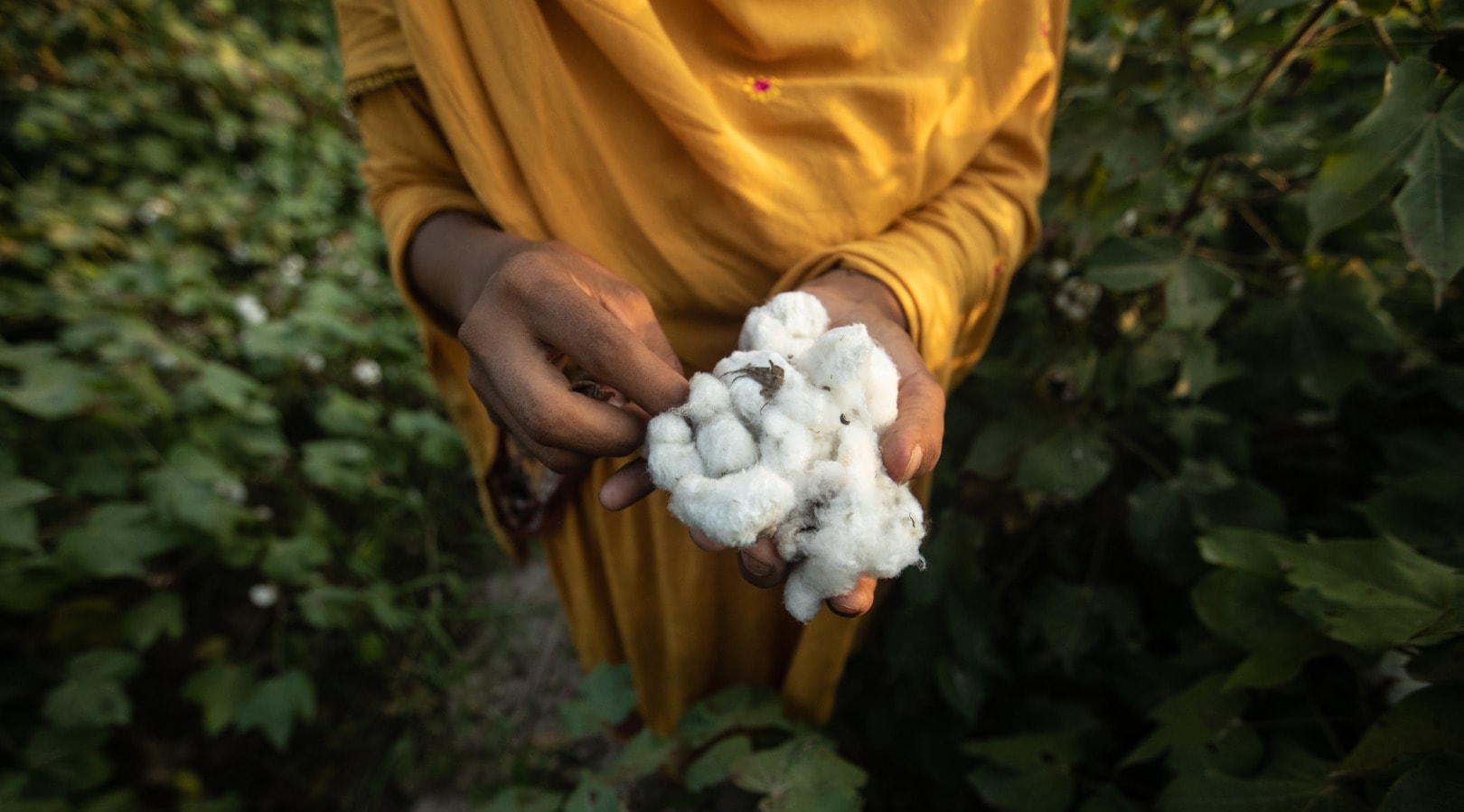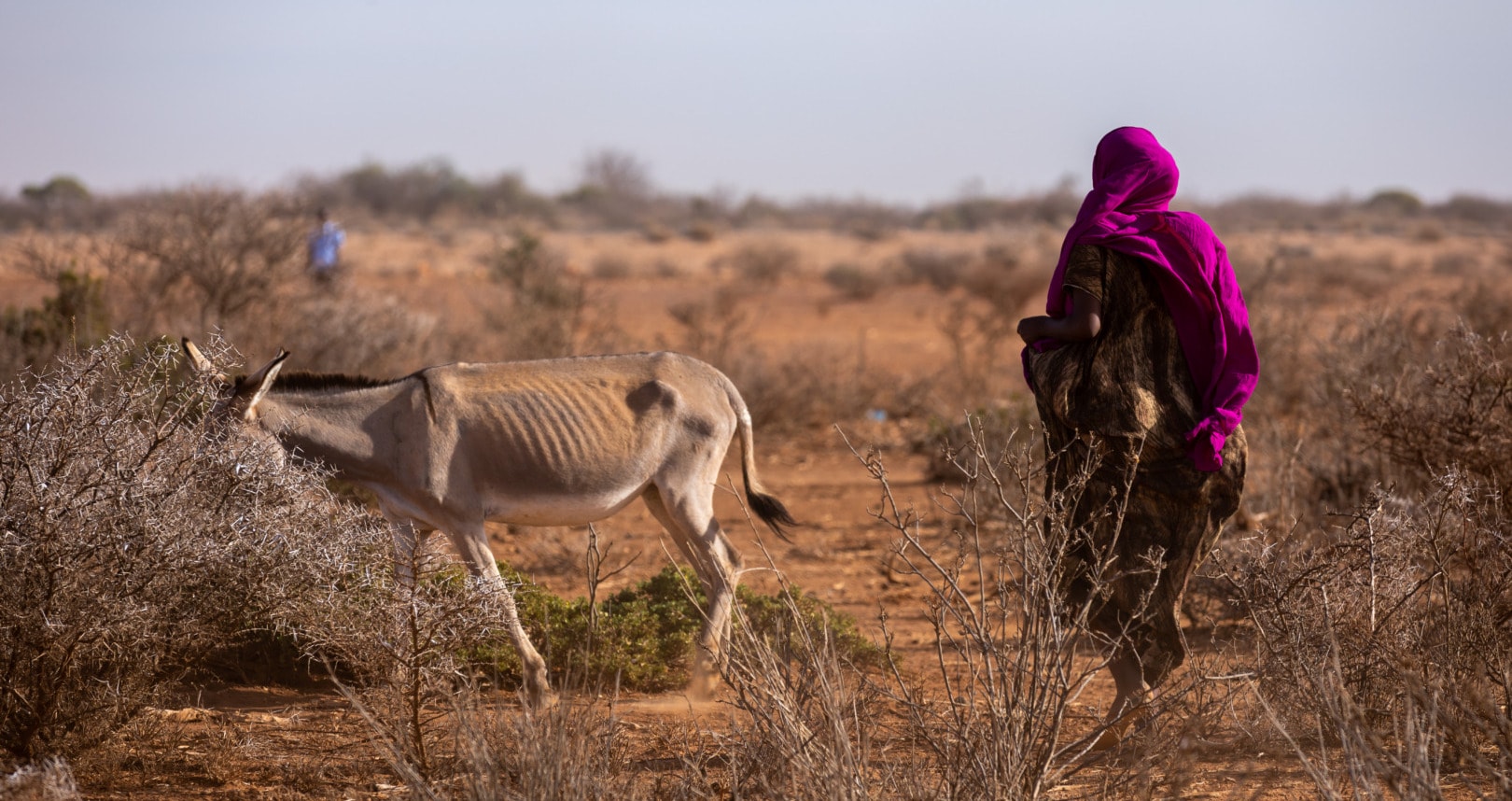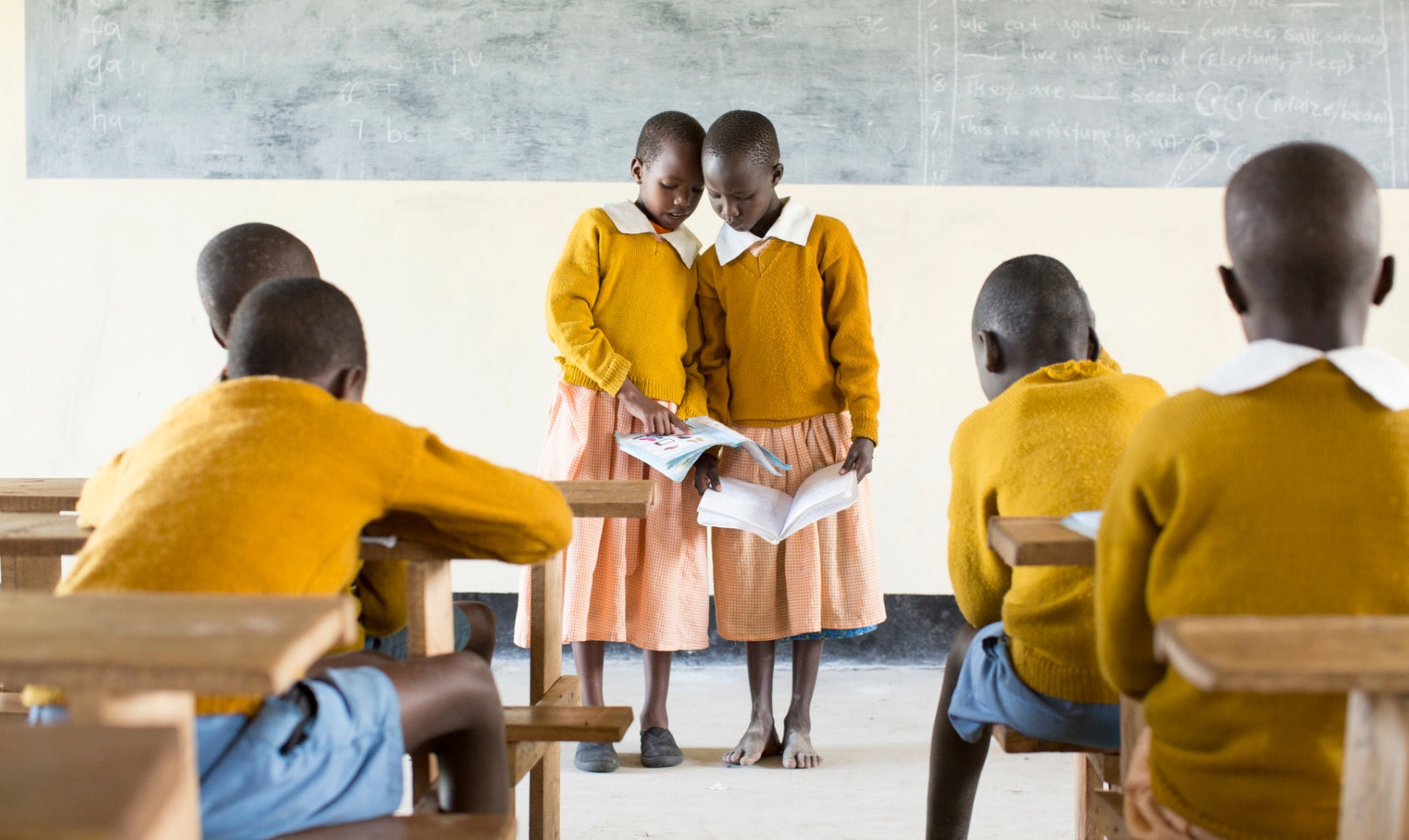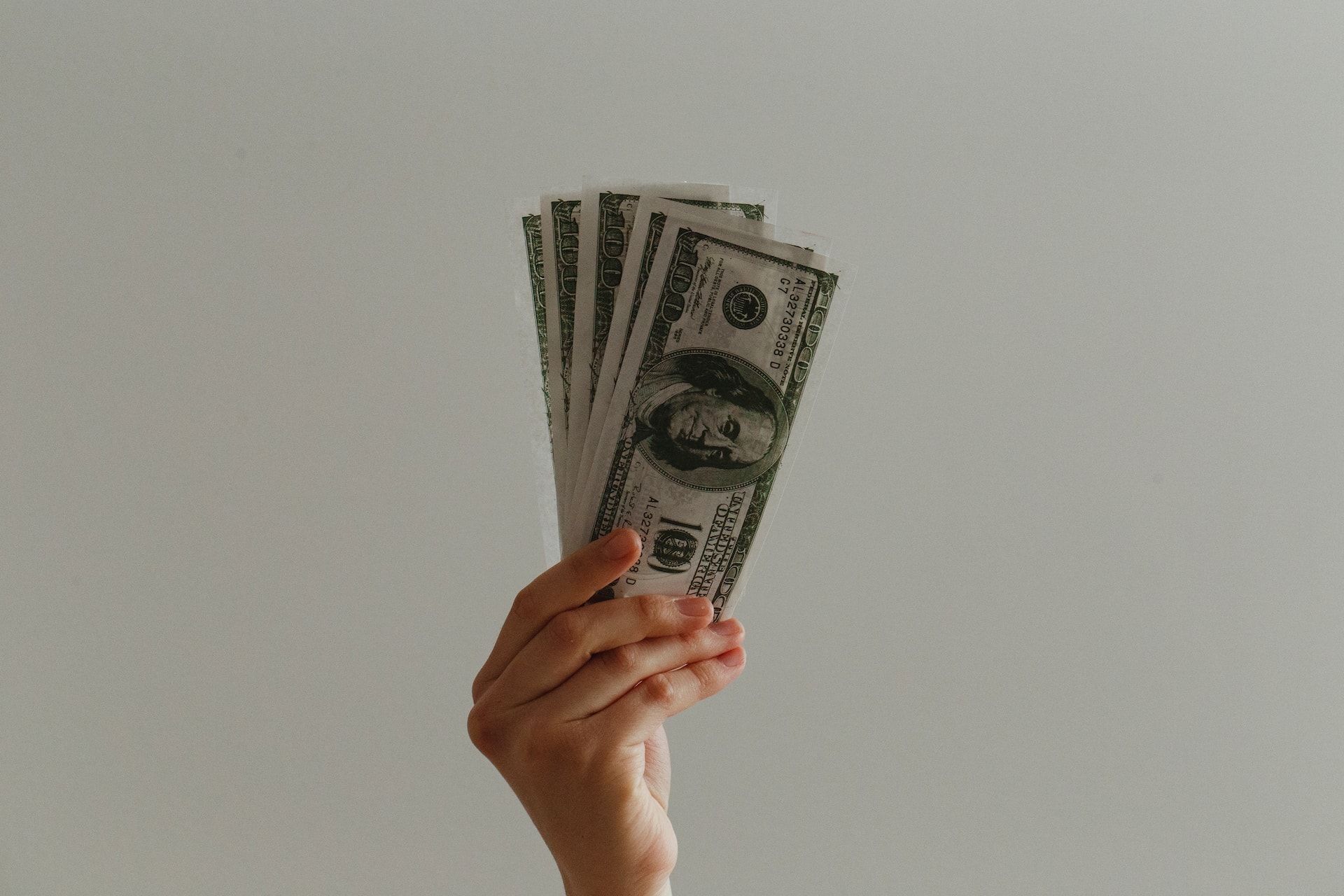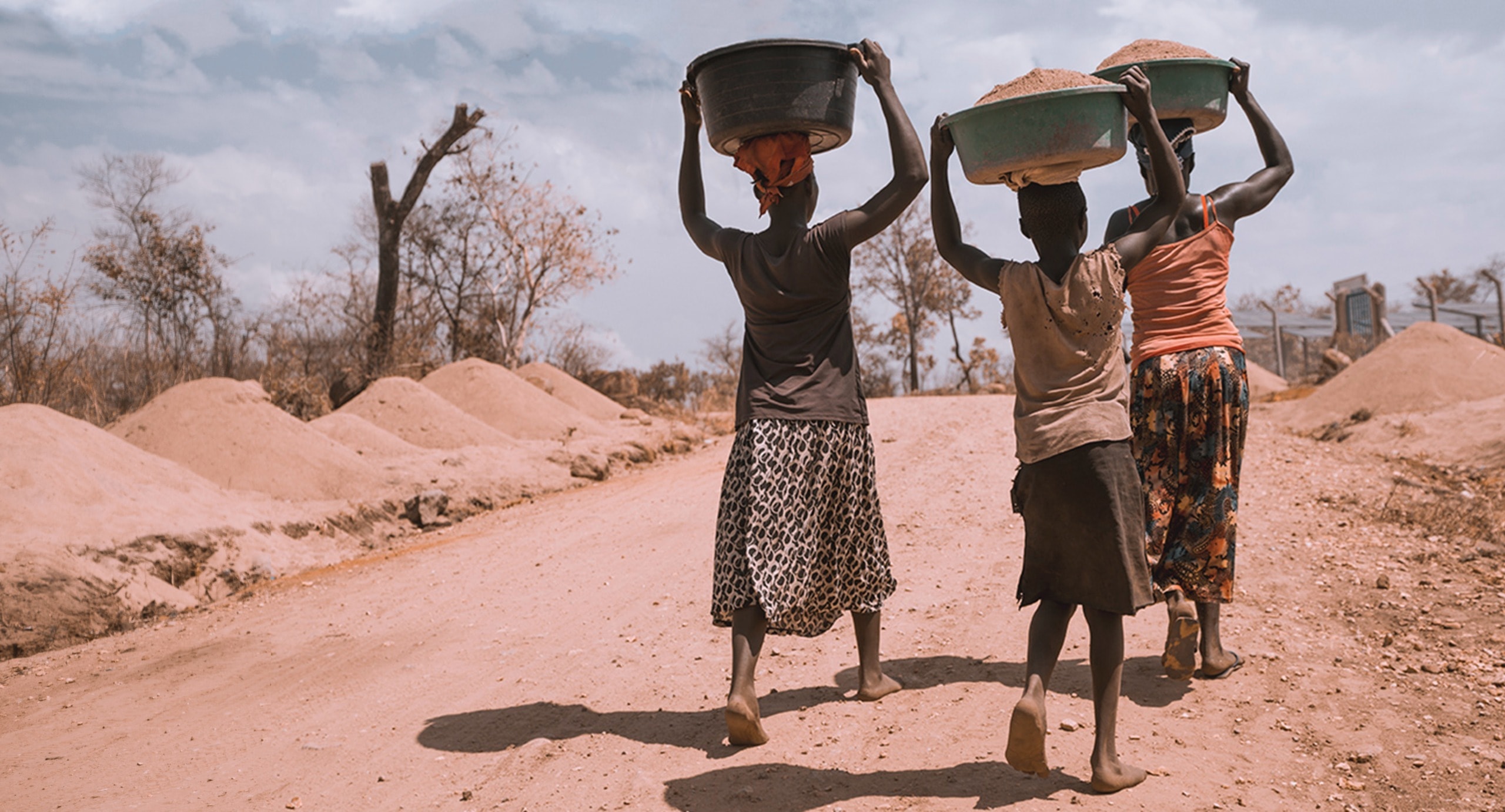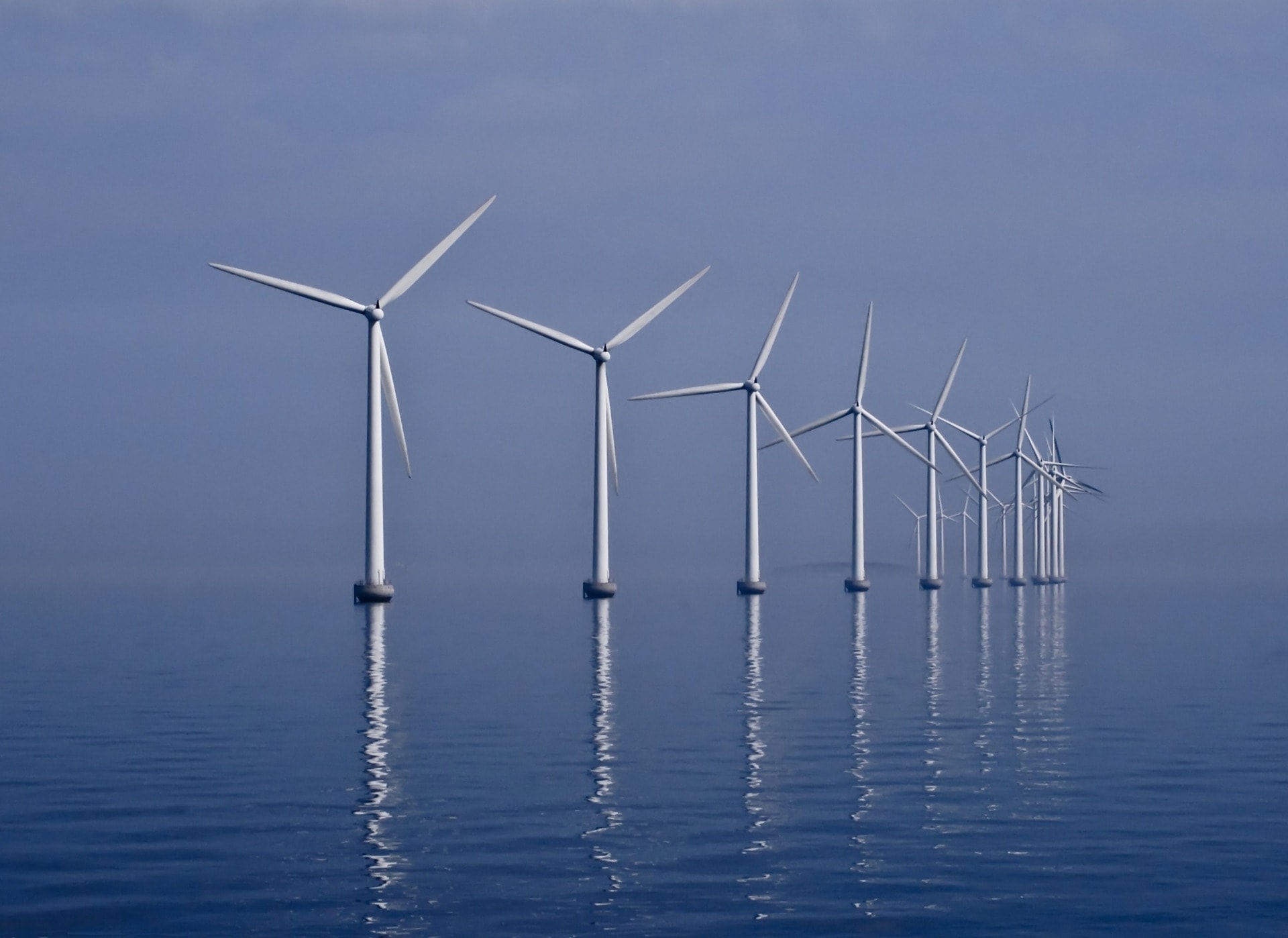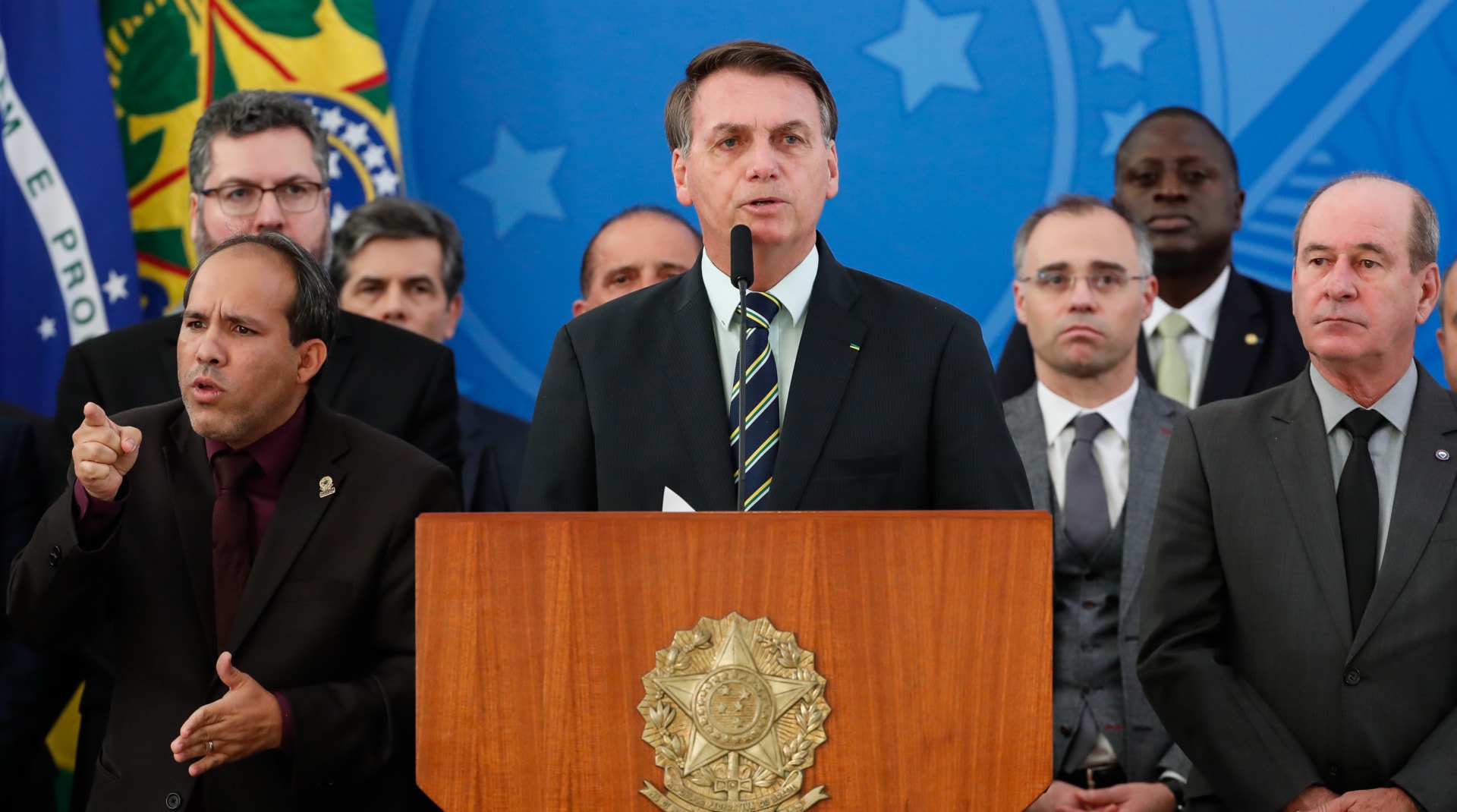A recent seminal article in Foreign Affairs by Brando Milanovic entitled “The Great Convergence: Global Equality and its Discontents” ran through a massive set of data and found that global inequality rose from the nineteen century until the mid-1950s; then after 1988 when inequality reached its height, economies around the globe moved toward greater wealth convergence until 2020, largely as a result of the economic rise of China.
Then it abruptly stopped.
What changed that trajectory were four major factors that he identified and which are discussed below. What is not directly addressed here, however, is the issue of military spending: in several cases, individual countries – including developing countries – have accelerated spending on the military, and in some cases, they have even invested in nuclear power, all funding that could have gone for other more constructive purposes.
Given where we are now, what possibly can bring back movement toward global convergence are new technologies and specifically artificial intelligence. These potentially can level the inequality playing field “if” harnessed for good – a big if.
How Covid impacted developing countries
The Covid pandemic had a dampening impact on multiple aspects of global economic activity and in individual countries. As Covid vaccine technology and later treatments, came on stream, it meant those better off got them first and those in less well-off places did not.
Covid as a pandemic has subsided, but it is not entirely gone. And the question we need to ask ourselves now is what happens when another infectious disease poses a similar threat and turns into yet another pandemic.
If, or what is more likely, when such a dire scenario becomes a reality, then there will again be the prospects for inequality of access to vaccine treatments. That in turn inevitably will result in economic inequality, as development paths diverge: The developing world grinds to a halt while the developed world forges ahead.
How this will play out depends very much on how the relations between the current world powers will evolve as the war in Ukraine continues.
US-China relations and China’s pivot to Europe
Both countries now shape the international order, with vast economic, diplomatic, and military power. Heretofore the interdependence of the two benefited both them and others.
When these two, now the largest economies in the world opted to duke it out, there is a ripple effect on other economies, often with weaker economies more significantly affected.
This souring of their relations over the last three years may be slightly sweetening now with recent visits of US Secretaries Blinken and Yellen. It is simply too soon to tell but assuredly the directions these relations go in the future will affect lives and livelihoods in most corners of the world.
But one thing is already clear: China has pivoted towards Europe, sometimes in a heavy-handed manner with massive investments that first started with the takeover of the Greek port Pyrrhaeus. There have been several blow-backs, with some EU members fighting what was seen as unwanted encroachment. Over the past year, EU-China bilateral relations have deteriorated, inter alia, as a result of China’s positioning on the war in Ukraine and China launching counter-measures to EU sanctions on human rights.
Still, despite these challenges, the EU continues to deal with China simultaneously as a partner for cooperation and negotiation, as an economic competitor and as a systemic rival.
Chinese investments in Europe have surged in recent years. China now owns or has a stake in, four airports, six maritime ports and 13 professional soccer teams in Europe. There has been 45% more investment activity in 30 European countries from China than from the US since 2008. Chinese VC investment in Europe more than doubled to the record level of EUR 1.2 billion in 2021.
The Netherlands received the most Chinese investment, followed by Germany, France and the UK. Consumer products and automotive were the top sectors. One of the major investments made by China in Europe was the acquisition of the Philips home appliance business by Hong Kong-based private equity firm Hillhouse Capital for EUR 3.7 billion.
And when China invests in Europe, this goes at the expense of the developing world – and yet another reason for fearing the permanence of inequality, of the gap between poor and wealthy nations.
The Russian invasion of Ukraine: Fallout on the developing world
Ukraine is seen by many developing countries, especially those in Africa where Sudan is being torn apart by civil war, as another example of ways the powerful exacerbate imbalances in how they use their resources and attention.
This invasion now over 500 days old, has been unbelievably destructive for Ukraine, but also for others directly or indirectly affected.
This is certainly the case in Europe but also for developing countries, especially those relying on grains for their food security. “The State of Food Security and Nutrition in the World” (SOFI) just released by FAO, indicates hunger rising in all regions of Africa, a continent heavily reliant on grains from the Ukraine.
The agreement brokered by Turkey and now in place, allowing Ukraine to ship its grain to Africa and other countries via the Black Sea route, is due for renewal. Whether it will be renewed is not yet clear, and on what terms is unknown, but overall, it is fair to say that these countries’ food security has been seriously undermined.
Rising costs such as for energy have also created added burdens to many developing countries that often have not been able to make the necessary investment in infrastructure as they lack access to both external and domestic funding.
In short, the plans poor countries have made to economically raise themselves and provide basic needs to their people and increase the standard of living have been curtailed, in some cases dramatically.
Global Warming
Extreme heat and severe weather events are happening virtually everywhere, at varying degrees.
Persistent hot weather translates into living conditions that become impossible to bear, and this is happening in both rich and not-so-wealthy countries.
The difference is that in places that have deeper pockets and better infrastructure, their governments, societies, and economies can better adjust and cope. George Orwell’s famous reference in his 1945 “Animal Farm”, a famous satirical allegory about unequal power, “that some animals are more equal than others”, would seem highly relevant in this context.
However, there are signs that the powerful, though a late awakening, have begun to recognize this is a common crisis requiring extraordinary measures.
This has been translated into concrete action in the adoption of more adequate policies – such as taxing luxury goods – and opening major existing and new financial spigots. Unfortunately, so far, none of this proves to be enough nor are the better-offs willing to take necessary draconian reduction measures domestically.
The agenda is long with those with the resources needing to act, but time is short.
A technological window of hope
The explosion of artificial intelligence over a very short period has sent glimmers of hope that there might be innovative pathways to solving problems at heretofore unimaginable speed.
Artificial intelligence processes are not as heavily dependent on physical production (extraction or agriculture) as traditional industrialization, nor does it require an industrial process with all the necessary related infrastructure.
This could mean some countries may be able to leapfrog over past conventional constraints and benefit from the kind of technological skill sets that give them a foothold into greater wealth. Young people are able to grasp new processes often faster than many who are more tied to past conventional thinking.
Thus youth and artificial intelligence are a potentially potent combination, unconstrained by national borders or distance.
While some may say this latter notion is Pollyanna’s thinking, prospects to regain greater economic convergence may depend on it.
Desperate people living in 120 degrees (49 degrees Celsius), without shade or water, without access to minimal food, and threatened by infectious disease, can opt to embark on what others would consider suicidal acts.
Without hope, the hopeless have not much to fear and nothing to lose.
Editor’s Note: The opinions expressed here by the authors are their own, not those of Impakter.com — In the Featured Photo: AI tech is already helping to alleviate poverty in Africa – Source: Pros and Cons of Using AI in Africa to Alleviate Poverty Borgen Project




